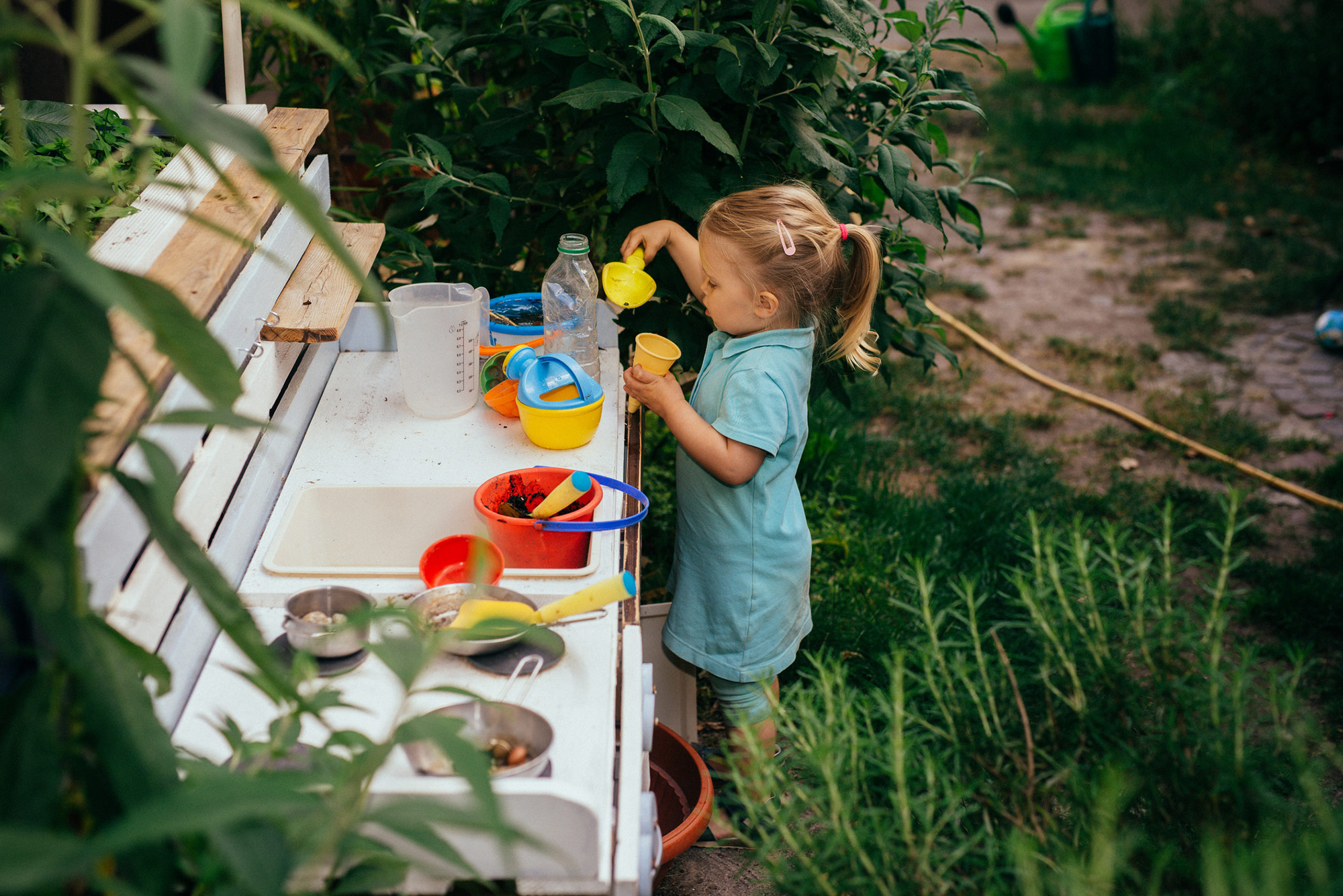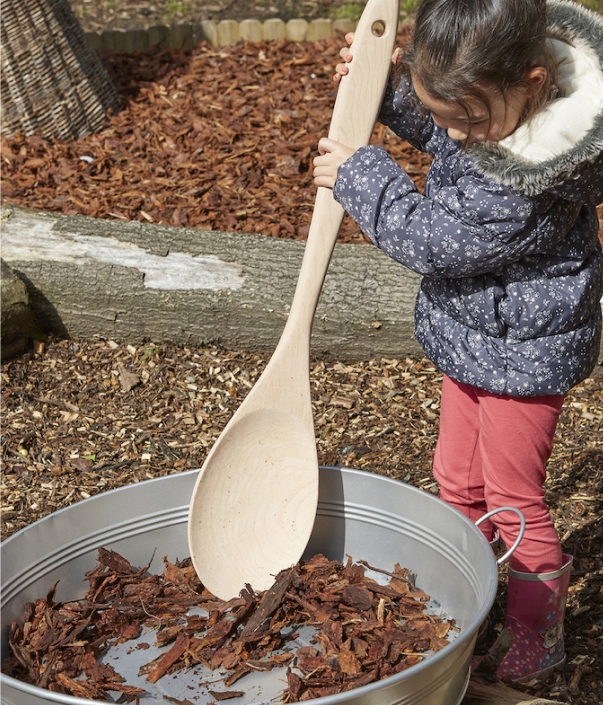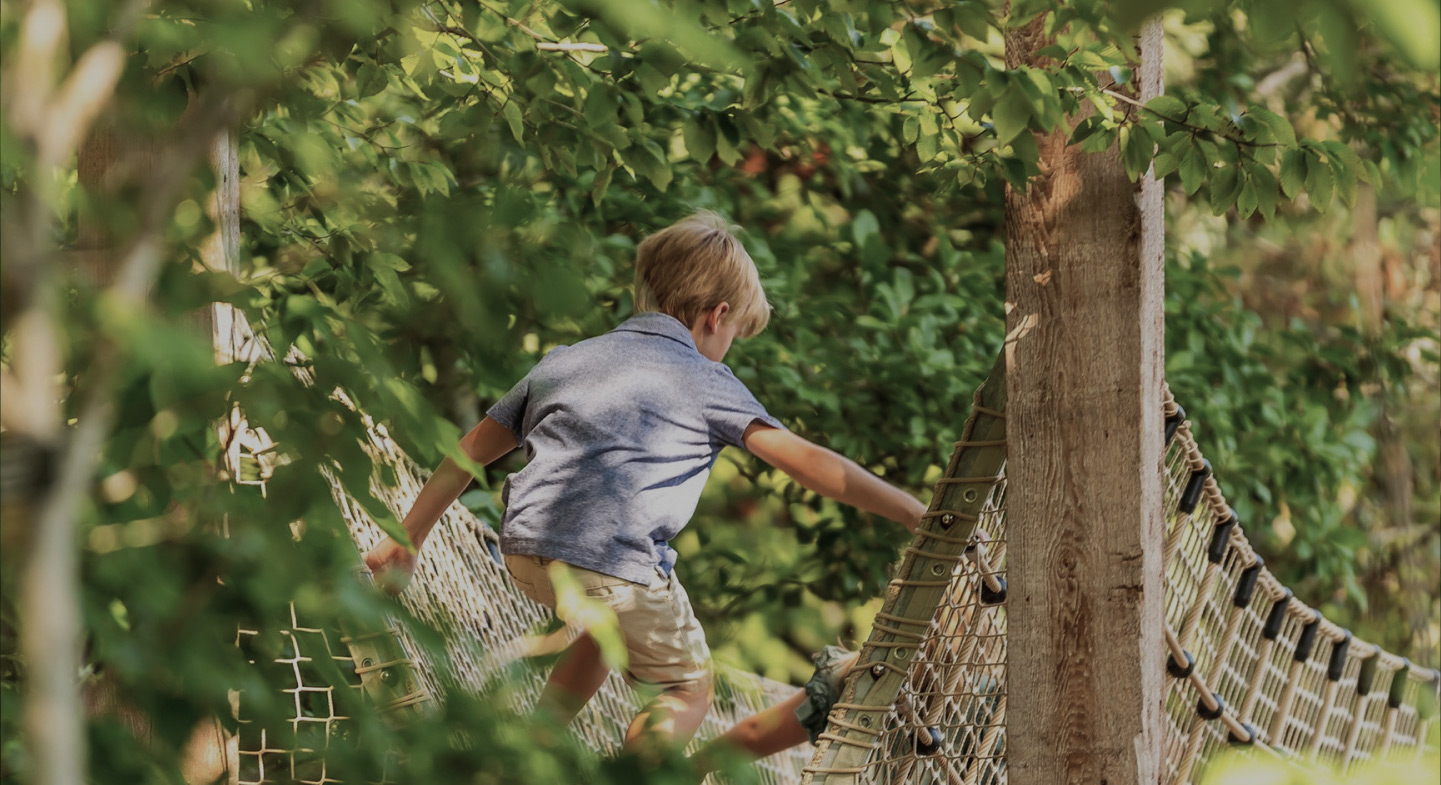
15th December, 2023
15 tips to nourish your child’s mind, body and spirit: The importance of nutrition in early childhood
15th December, 2023
It’s no secret that’s being disclosed here. You know it, I know it, the science backs it up: children’s early eating habits are instrumental in both their present and future health. What might not always be clear, is what we can practically do to help our kids nourish their mind, body and spirit.
It can be a real challenge maintaining a healthy diet (even as an adult!) let alone supporting our little ones to eat the right foods. A great way to stay on track with your child’s nutrition journey is to break down how food might nourish their mind, their body, and their spirit. Ask why this is so important. And gather some tips and tricks to help you in each of these categories.
Feed the Mind
The brain uses more energy than any other organ in the body – a whopping 20% of our daily energy intake. And this is even higher for children. The food we eat radically influences everything; from learning, to memory, and attentiveness. With healthy eating in early childhood yielding benefits that are only measurable later in life.
The brains of young children – especially of toddler and preschooler ages – are in a state of radical growth. At this critical stage, getting the right nutrients are essential for flourishing. Without nutrient dense foods packed with goodies like fatty acids, protein, iron, and vitamins, studies show the ability for children to concentrate greatly diminishes. And sadly with that, memory and problem solving ability declines.
Luckily there are many things you can do to support your child to nourish their brain…
5 Tips To Feed Your Child’s Brain
- Opt for nutrient dense food rather than calorie dense food (broccoli, fish, berries are great “brain food”)
- Some drinks like juices, often market themselves as healthy but are actually packed full of sugar. Help your child’s focus and mental clarity by sticking to water
- Check the ingredients’ section of packaged foods, if there are over two or three ingredients you don’t recognise (or can’t pronounce!) reconsider choosing it as a regular food item for your child
- Nuts are a great source of fatty acids for brain development. Frame them as a treat in the eyes of your child and they’ll be wanting them all the time!
- Eat the rainbow! A general rule of thumb is the more colourful your fruit and veg is, the more nutrient dense it is. Think about creating colourful plates with a variety of vegetables

Give The Body The Fuel It Needs
Kids need a lot of fuel. Climbing trees, inventing games, learning new skills – it’s exhausting being a kid! Getting the right nutrition is crucial when caring for children, as it can help protect against malnourishment, maintain a healthy immune system, prevent obesity, and reduce the risk of chronic disease.
70-80% of the body’s immune cells are located in the digestive system, so a child’s healthy gut biome can mean a healthy child with a healthy immune system. Gut diversity is very important here and giving your child access to as many different types of plant material (fruit, veg, seeds, and nuts) is important for immunity and overall health.
Important nutrients for children include:
- Calcium which helps strengthen growing bones and teeth – found in milk, yoghurt, and seeds
- Protein to help grow their muscles – found in eggs, lean meats, and cheese
- Carbohydrates to give your little ball of energy the fuel they need – found in whole grain bread, potatoes, and apples
- Iron supports growth and development – found in legumes, lamb, spinach, and quinoa
Essential fats help the body absorb other vitamins – found in fish, avocados, and nuts
5 Tips To Help Strengthen Your Child’s Body
- For gut health, try and get a diversity of plants into your child’s diet (at least 10 different types). This might be easier than it sounds when introducing things like mixed nuts and seeds, and simple salads
- Fermentation can be your friend and is a great source of probiotics! Engage your kids with brewing your own kombucha and kefir, or if that’s a bit much for you, maybe some fun homemade yoghurt?
- Keep snacks simple – a handful of nuts, a piece of fruit
- Fill your kids up for longer (and avoid the inevitable sugar crash!) with protein rich foods like boiled eggs, lean meats and lentils
- Try and make your household an “ingredient house” rather than a “product house” – use wholefoods as a way to maintain your children receive all the necessary nutrients they need to grow and thrive
Nourishing The Spirit
So much of food isn’t just about the food. It’s the community element: the bonds formed over a meal. Food is a chance for celebration and reflection. The rituals around sharing a meal together are an important part of most cultures around the world.
It’s important to model good habits around food to children to help give them a healthy relationship with food in general. Although food and mealtimes elicit all sorts of positive emotions – a sense of communal joy, celebration, and times for contemplation. For many of us, food can be tricky. It can stir up uncomfortable emotions of shame, or greed, or an unhealthy need for control. Helping our young children form healthy connections with food and not burdening them with shame is so important.
5 Tips To Help Feed Your Child’s Spirit
- Involve little ones in cooking, even if they are just watching, while you explain the process they are still learning
- Avoid using food as a reward, as it can teach them to rely on it for comfort. Praise and encouragement, sometimes with a hug, can be enough of a reward for a child
- Do not punish a child for not eating, as it can cause them to develop a negative association with food. Or in some cases, they may feel the need to eat everything on their plate, thereby overeating and not listening to their bodies
- Take it slow: don’t rush mealtimes. It can be frustrating when children eat slowly, but this helps them assess their appetite and stop when full
- Use meals as a time for adults and children to share with each other things they’re grateful for, what happened in their day, and what they might be looking forward to tomorrow


If your child is enrolled in an early childhood education centre, ask about their menu. At Trails we pride ourselves in providing an ever-changing seasonal menu. Designed by our onsite chef.
We prioritise natural wholefoods over processed food. With our educators bringing the children into the process of food collection and foraging from our gardens.
At Trails we place a huge emphasis on the ritual of sharing a meal. Mealtimes at Trails are a time to celebrate milestones such as the accomplishment of one of our children using a spoon or straw for the first time. It’s a time of sharing both food and stories. It’s also an opportunity to model responsibility, service, and sharing.
